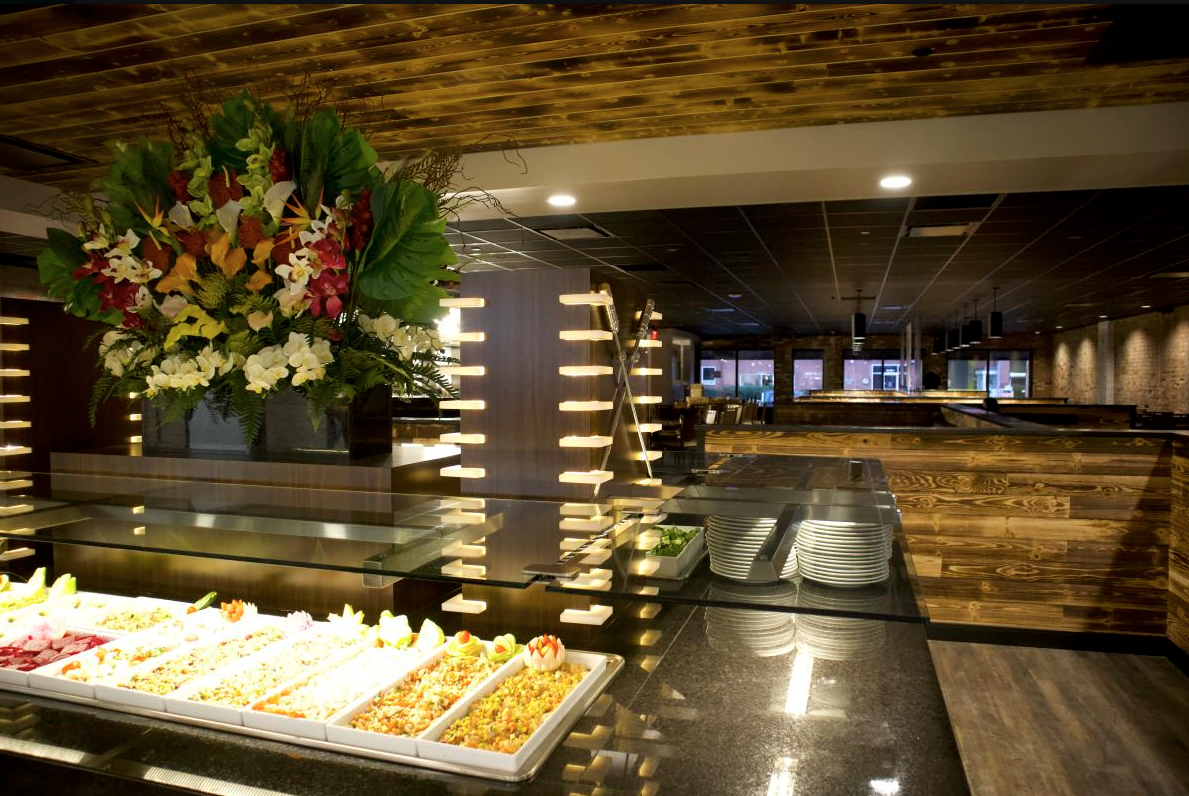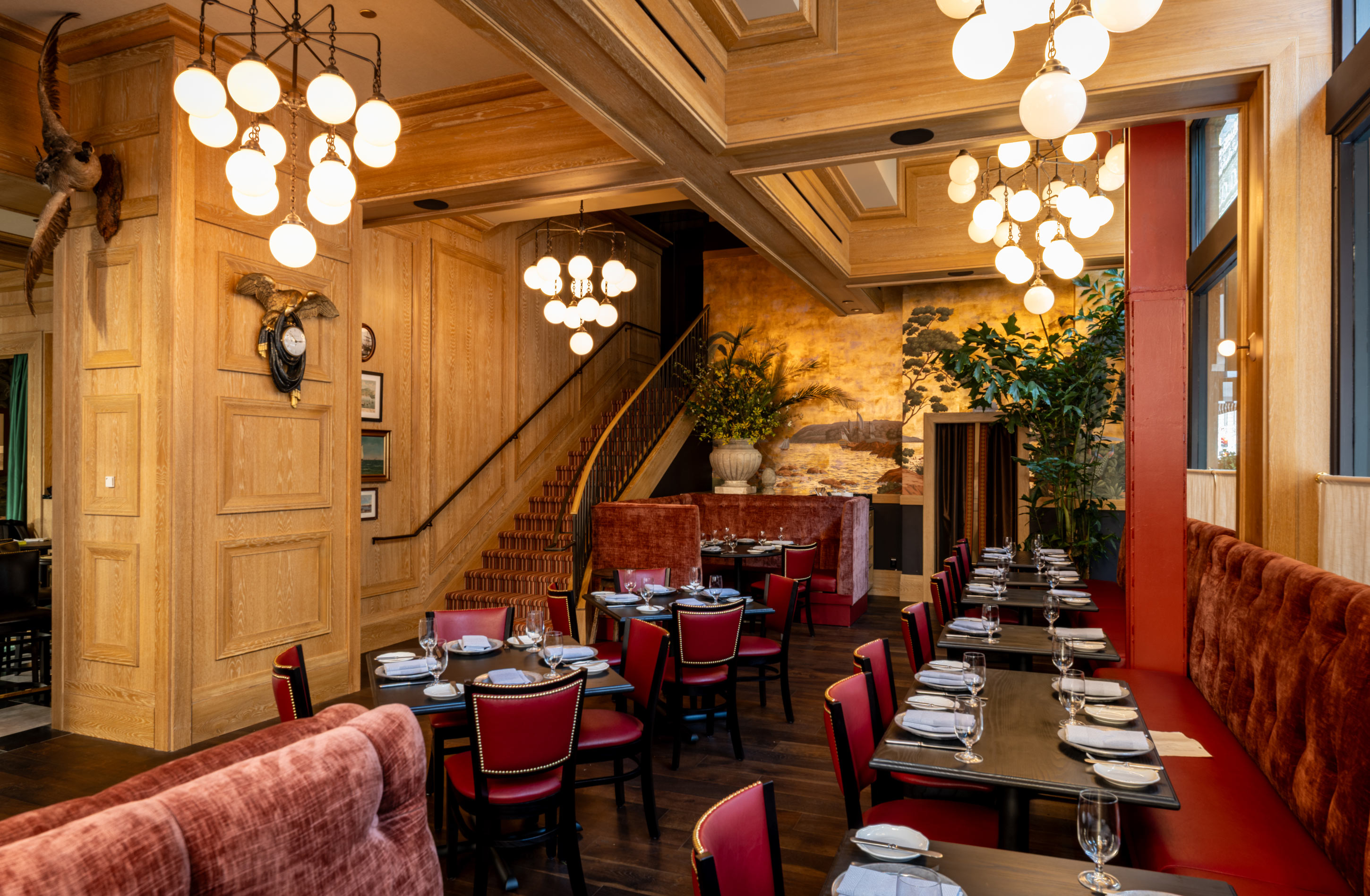
The restaurant industry is experiencing a voice AI revolution, with AI hosts handling everything from basic inquiries to complex reservation management (Hostie AI vs SoundHound). As we move through 2025, two platforms have emerged as leaders in restaurant call automation: Hostie AI, with its September 2025 feature release, and Resy's new Voice AI integrations. Both platforms promise to transform how restaurants handle the constant stream of calls that can overwhelm staff during peak service hours.
The stakes couldn't be higher. Independent restaurants with under 100 seats receive between 800 and 1,000 calls per month, with the cost of human hosts reaching around $17 per hour (Best AI Phone Answering Systems). Meanwhile, modern AI solutions are generating an additional revenue of $3,000 to $18,000 per month per location, up to 25 times the cost of the AI host itself (Q3 2025 Restaurant Tech Trends).
This comprehensive comparison will break down the call-automation features launched by both platforms, focusing on booking accuracy, multilingual support, API openness, real-time sync speeds, missed-call reduction, and cost per location. We'll provide you with a decision matrix and checklist to choose the right platform for your restaurant's unique needs.
The global food automation market is projected to reach $14 billion by the end of 2024, with a potential 69% increase in AI and robotics use in fast food restaurants by 2027 (Q3 2025 Restaurant Tech Trends). This growth is driven by the pressing need to handle high call volumes while maintaining service quality.
As one restaurant operator shared: "The phones would ring constantly throughout service. We'd get calls for basic questions that were already on our website. Hostie has made the job easier for the host and doesn't disturb guests while they're enjoying their meal" (When You Call a Restaurant).
Both Hostie AI and Resy have recognized this challenge and developed sophisticated voice automation solutions, but their approaches differ significantly in execution and focus.
Hostie AI is purpose-built for restaurants, with unlimited prompts, deep visibility, and a team of restaurant operators behind it (Hostie vs Slang). The platform delivers human-level service at scale, functioning as a comprehensive guest experience platform that handles calls, texts, emails, reservations, and orders (Maple vs Hostie AI).
Key differentiators include:
Resy's Voice AI integrations launched in 2025 as part of their broader platform expansion. Built on their existing reservation infrastructure, Resy's voice automation focuses primarily on reservation management and basic call handling, leveraging their established restaurant network and reservation data.
| Feature Category | Hostie AI | Resy Voice Automation |
|---|---|---|
| Primary Focus | Comprehensive guest experience platform | Reservation-focused call handling |
| Conversation Style | Natural, conversational language | Template-based responses |
| Multilingual Support | 20+ languages | Limited language options |
| Integration Depth | Deep POS and reservation system integrations | Native Resy integration, limited external |
| Customization | Unlimited prompts, full configurability | Limited customization options |
| Real-time Visibility | Full conversation visibility | Basic call logging |
| API Openness | Open API architecture | Closed ecosystem |
Hostie AI's standout feature is natural conversation with 20+ language support, making it best suited for full-service restaurants (Hostie AI vs DineAI). The platform can navigate complex requests like seating preferences, large party inquiries, and catering with the same finesse as an experienced human host.
Real-world results speak volumes: Wayfare Tavern increased over-the-phone bookings by 150% with their virtual hostess, while Harborview Restaurant and Bar automated 84% of calls with a virtual concierge (Introducing Hostie). Belotti Ristorante uses a virtual concierge that handles 90% of calls, and The Stinking Rose Group is managing 24,000 calls through their virtual concierge.
Resy's voice automation, while competent for basic reservation tasks, relies more on structured workflows and may struggle with the nuanced requests that fine dining establishments regularly receive.
Hostie AI supports multilingual support in over 20 languages (Hostie vs Slang), making it ideal for restaurants in diverse metropolitan areas. This capability is crucial in cities like New York, Miami, Atlanta, and San Francisco, where AI-powered phone systems are becoming the new standard (Best AI Phone Answering Systems).
Resy's voice automation currently offers more limited language support, focusing primarily on English with basic Spanish capabilities.
Hostie AI offers unmatched flexibility, allowing operators to configure unlimited prompts and tailor every interaction (Hostie vs Slang). The platform integrates seamlessly with existing reservation and POS systems, enhancing operational efficiency and customer satisfaction.
Restaurants implementing AI reservation systems with native Toast integration are seeing an average 26% lift in covers (Best AI Restaurant Reservation Systems). Hostie's open API architecture allows for deep customization and integration with various restaurant technology stacks.
Resy's approach is more closed, focusing on their native ecosystem with limited external integrations.
Hostie gives operators full visibility into every conversation in real time (Hostie vs Slang). This transparency allows restaurant managers to monitor performance, identify trends, and make real-time adjustments to improve service quality.
The platform's performance metrics include:
Resy's voice automation leverages their existing infrastructure for generally reliable performance, though specific benchmarks are less publicly available. The system focuses on core reservation functions with adequate response times for basic inquiries.
The impact of missed calls on restaurant revenue cannot be overstated. Over two-thirds of Americans would ditch restaurants that don't answer the phone (Missed Connection). This statistic underscores the critical importance of reliable call handling systems.
Hostie AI addresses this challenge comprehensively. The platform provides a virtual hostess and concierge service for restaurants (Introducing Hostie), ensuring that every call is answered promptly and professionally. The system can handle complex workflows while maintaining the conversational flow that guests expect from fine dining establishments.
Resy's voice automation also reduces missed calls, though its template-based approach may not provide the same level of personalized service that distinguishes premium restaurants.
While specific pricing details aren't publicly disclosed, Hostie AI's value proposition is clear: modern AI solutions are generating an additional revenue of $3,000 to $18,000 per month per location, up to 25 times the cost of the AI host itself (Q3 2025 Restaurant Tech Trends).
The platform's ROI comes from:
Resy's pricing structure typically integrates with their existing reservation platform fees, potentially offering cost advantages for restaurants already using Resy's core services.
Hostie AI has partnered with Yelp to enhance the waitlist experience through AI (Introducing Hostie). The platform's open architecture allows for seamless integration with various restaurant technology stacks, including:
This flexibility ensures that restaurants can maintain their existing workflows while adding powerful AI capabilities.
Resy's voice automation is designed to work primarily within their existing ecosystem, which can be advantageous for restaurants already fully committed to Resy's platform but may limit flexibility for those using multiple systems.
| Consideration | Choose Hostie AI If... | Choose Resy If... |
|---|---|---|
| Restaurant Type | Full-service, fine dining, complex operations | Quick-service, simple reservation needs |
| Language Requirements | Serve diverse, multilingual clientele | Primarily English-speaking customers |
| Customization Needs | Want unlimited flexibility and customization | Prefer simple, standardized solutions |
| Integration Requirements | Use multiple restaurant technology platforms | Fully committed to Resy ecosystem |
| Service Complexity | Handle complex requests, catering, events | Focus on basic reservations |
| Visibility Needs | Want full conversation monitoring | Basic call logging is sufficient |
The restaurant technology landscape continues to evolve rapidly. Major restaurant chains like Wendy's and Dine Brands are implementing AI-powered ordering systems, with Wendy's deploying AI drive-thru ordering systems to over 500 restaurants by the end of 2025 (AI Texting for Takeout Orders). Dine Brands is testing Voice AI Agents to handle customer orders over the phone.
This trend toward AI adoption is accelerating across all restaurant segments, making early adoption a competitive advantage rather than a luxury.
When choosing between Hostie AI and Resy Voice Automation, consider your restaurant's specific needs and long-term goals. Hostie AI is best for full-service restaurants seeking comprehensive guest experience automation with natural conversation capabilities and extensive customization options (Hostie AI vs DineAI).
The platform's ability to handle complex requests while maintaining the personal touch that fine dining guests expect makes it particularly valuable for establishments where customer experience is paramount. With proven results like Wayfare Tavern's 150% increase in over-the-phone bookings and Belotti Ristorante's 90% call automation rate, Hostie AI demonstrates clear value for restaurants committed to excellence (Introducing Hostie).
Resy Voice Automation may be suitable for restaurants with simpler needs who are already deeply integrated into the Resy ecosystem and prioritize basic reservation handling over comprehensive guest experience management.
The choice between Hostie AI and Resy Voice Automation ultimately depends on your restaurant's specific needs, existing technology stack, and service philosophy. Hostie AI offers a more comprehensive, flexible solution with natural conversation capabilities and extensive customization options, making it ideal for full-service restaurants that prioritize guest experience (Hostie vs Slang).
With the restaurant industry's continued embrace of AI technology and the proven ROI of modern AI solutions generating additional revenue of $3,000 to $18,000 per month per location (Q3 2025 Restaurant Tech Trends), investing in the right call automation platform is no longer optional—it's essential for competitive success.
The key is choosing a platform that not only handles today's needs but can scale and adapt as your restaurant grows and the technology landscape continues to evolve.
💡 Ready to see Hostie in action?
Don't miss another reservation or guest call.
👉 Book a demo with Hostie today
Hostie AI focuses exclusively on hospitality with deep POS and reservation system integrations, offering natural conversation capabilities with 20+ language support. Resy Voice Automation, while part of the American Express ecosystem, provides more standardized voice responses with limited customization options. Hostie AI positions itself as "AI for restaurants, made by restaurants" with comprehensive guest experience management across calls, texts, emails, and reservations.
Restaurants implementing AI reservation systems with native Toast integration are seeing an average 26% lift in covers according to 2025 data. Modern AI solutions like Hostie AI are generating additional revenue of $3,000 to $18,000 per month per location, up to 25 times the cost of the AI host itself. The accuracy has improved significantly with advanced natural language processing and POS integrations.
Hostie AI stands out with support for 20+ languages, making it ideal for restaurants in diverse metropolitan areas like New York City, Miami, and San Francisco. This multilingual capability allows restaurants to serve customers in their preferred language, improving guest experience and reducing communication barriers. Resy Voice Automation offers more limited language options, focusing primarily on English-speaking markets.
Independent restaurants typically receive 800-1,000 calls per month, with human host costs around $17 per hour. AI solutions like Hostie AI are delivering ROI of up to 25 times their cost, generating $3,000-$18,000 additional monthly revenue per location. The global food automation market is projected to reach $14 billion by end of 2024, indicating strong adoption and proven returns on investment.
Hostie AI offers native Toast POS integration and works with multiple reservation systems, providing seamless data flow between voice orders, reservations, and payment processing. This integration allows real-time menu updates, inventory management, and comprehensive guest experience tracking. Resy Voice Automation primarily integrates within the Resy ecosystem but has more limited third-party POS connectivity options.
Based on industry comparisons, Hostie AI excels at handling complex, multi-step conversations including special dietary requests, party size changes, and detailed reservation modifications. The platform's natural conversation capabilities and restaurant-specific training make it superior for full-service establishments. Resy Voice Automation works well for straightforward reservation booking but may struggle with complex order modifications or detailed guest inquiries.
RELATED


